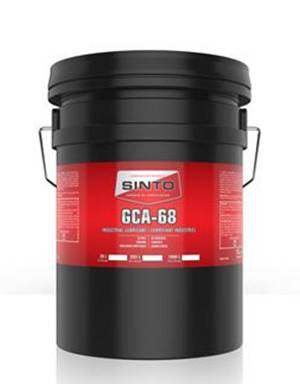Jul . 25, 2024 04:33 Back to list
High-Density Polyethylene Plastic Sheet Rolls for Versatile Applications and Durable Solutions in Various Industries
HDPE Plastic Sheet Roll Versatility and Applications
High-Density Polyethylene (HDPE) is one of the most commonly used plastics in the world, renowned for its durability, chemical resistance, and versatile applications. Among the various forms produced, the HDPE plastic sheet roll is particularly noteworthy, offering a wide array of features that cater to numerous industries.
Properties of HDPE
HDPE is distinguished by its high tensile strength and low moisture absorption, making it an ideal material for applications that require sturdiness and resistance to environmental factors. It boasts excellent chemical resistance, making it suitable for storing substances that might corrode or degrade other materials. Additionally, HDPE is lightweight yet strong, facilitating easy handling and transportation without compromising its performance.
Applications of HDPE Plastic Sheet Roll
1. Packaging Materials One of the most prevalent uses of HDPE plastic sheet rolls is in the packaging industry. HDPE is often used to produce containers, bottles, and bags due to its lightweight nature and resilience. The roll format allows manufacturers to create customizable packaging solutions tailored to specific products.
2. Construction and Infrastructure In the construction industry, HDPE sheets are utilized for a range of purposes. These include liners for landfills, geo-membranes for water containment, and even as protective barriers against moisture. The durability of HDPE makes it an excellent choice for applications where stability and longevity are essential.
3. Agricultural Uses HDPE plastic sheets are widely used in agriculture for various applications, such as ground covers, greenhouse films, and irrigation systems. They can protect crops from harsh weather and optimize water use, contributing to more efficient agricultural practices. The flexibility and strength of the material also make it ideal for agricultural containers and bins.
hdpe plastic sheet roll

4. Signage and Display The graphic arts industry frequently employs HDPE sheet rolls for producing weatherproof signage and displays. The material can be easily printed on, cut, or molded into various shapes, making it an optimal choice for both indoor and outdoor signage solutions.
5. Industrial Applications In manufacturing and industrial settings, HDPE sheets serve multiple purposes, including as material for machine guards, equipment covers, and conveyor components. Their resistance to chemicals and wear ensures longevity and reduced maintenance costs.
Ease of Fabrication
One of the significant advantages of HDPE plastic sheet rolls is their ease of fabrication. They can be heat welded, drilled, and shaped into various forms without losing structural integrity. This versatility allows manufacturers and fabricators to create tailored solutions specific to their requirements, making HDPE sheets an essential component in numerous production processes.
Environmental Benefits
With increasing awareness of environmental issues, HDPE has become a more attractive option. Many HDPE products are recyclable, and efforts have been made to produce HDPE from post-consumer recycled materials. This characteristic not only minimizes waste but also contributes to a circular economy in plastic production.
Conclusion
In conclusion, HDPE plastic sheet rolls are indispensable in various industries due to their remarkable properties, versatility, and ease of use. From packaging and construction to agricultural applications and signage, the uses of HDPE sheets are endless. As industries continue to seek durable and sustainable materials, the demand for HDPE is likely to grow, ensuring its role as a critical component in modern production and manufacturing practices. With its combination of performance and environmental benefits, HDPE will remain at the forefront of materials science for years to come.
-
High-Quality PPR Pipes and Fittings Durable ERA PPR & PVC PPR Solutions
NewsJul.08,2025
-
Black HDPE Cutting Board - Durable, Non-Porous & Food Safe HDPE Plastic Cutting Board
NewsJul.08,2025
-
High-Quality CPVC Panel Durable HDPE & PVC Panels Supplier
NewsJul.08,2025
-
Double PE Welding Rod Supplier - High Strength, Durable & Versatile Welding Solutions
NewsJul.07,2025
-
High-Quality PVC-O Pipe Supplier Durable 75mm PVC Pipe & Connections Leading PVC Pipe Company
NewsJul.07,2025
-
HDPE Drainage Pipe Supplier – Durable & Corrosion-Resistant Solutions
NewsJul.06,2025

